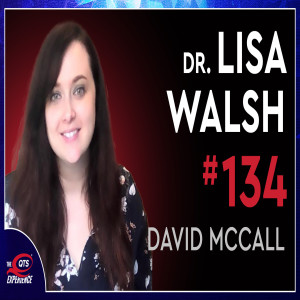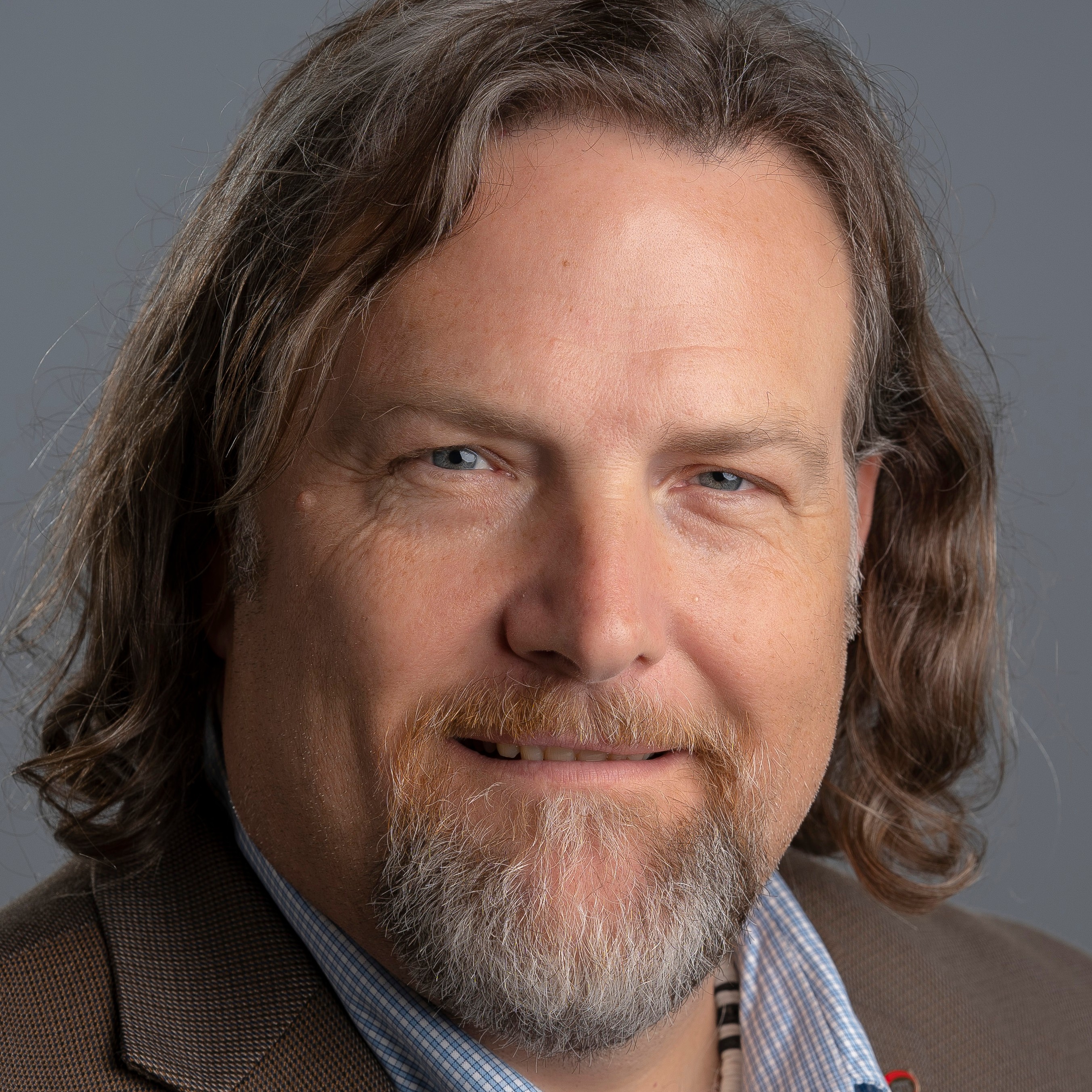Episodes

Wednesday Sep 28, 2022
Dr. Lisa Walsh; Episode 134
Wednesday Sep 28, 2022
Wednesday Sep 28, 2022
Are you an intrinsically happy person or do you wrestle with sadness and melancholy? Subjective well-being or happiness is complicated. It seems to be easy for some people and much more difficult for others. We all know people like this, it may even be ourselves. They have advantage of resources, opportunity or physical health, and yet they still struggle to find joy or happiness on a regular basis. My guest this week is Dr. Lisa Walsh, a data driven investigator researching how our emotions, personal technology and our culture impact our lives, and in particular our well-being. I hope you enjoy this timely and very important conversation, this week on the QTS Experience.
About Our Guest
https://lisacwalsh.com
"My research focuses broadly on the who, what, where, when, why and how of happiness. I investigate the architecture of subjective well-being, including its outcomes (e.g., positive emotions, life satisfaction), mechanisms (e.g., social connection), moderators (e.g., gender, personality), and downstream consequences (e.g., career success, physical health). To test my research questions, I often employ positive activity interventions designed to enhance well-being, such as expressing gratitude, performing acts of kindness, and engaging in flow activities. I completed my Ph.D. at the University of California, Riverside with Dr. Sonja Lyubomirsky.
I am currently working as a Postdoctoral Research Associate in the UCLA Marriage and Close Relationships Lab, which is directed by Dr. Benjamin Karney and Dr. Thomas Bradbury. Working with Research Scientist Dr. Victor Kaufman, I am currently examining how close relationships with friends, family, and romantic partners influence subjective well-being.
Some of my recent research explores:
- How smartphones and social media impact well-being
- The effects of positive emotions on career success - How satisfaction with different types of close relationships (with partners, friends, and family) predict well-being
- Gratitude exchanges within a social context (examining the roles of actors, targets, and witnesses)
- Whether gratitude can motivate self-improvement
- Engaging in flow activities (e.g., playing Tetris)
- The effects of doing kind acts on physical health (e.g., gene expression, telomeres)
I currently live in Mar Vista, California with my husband Tim Yeo."

